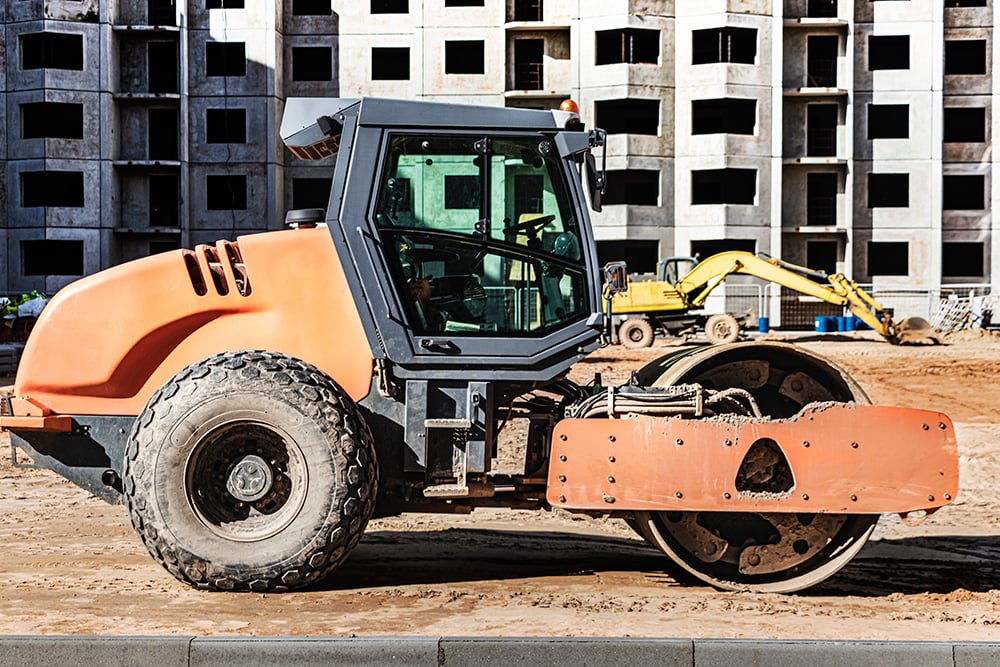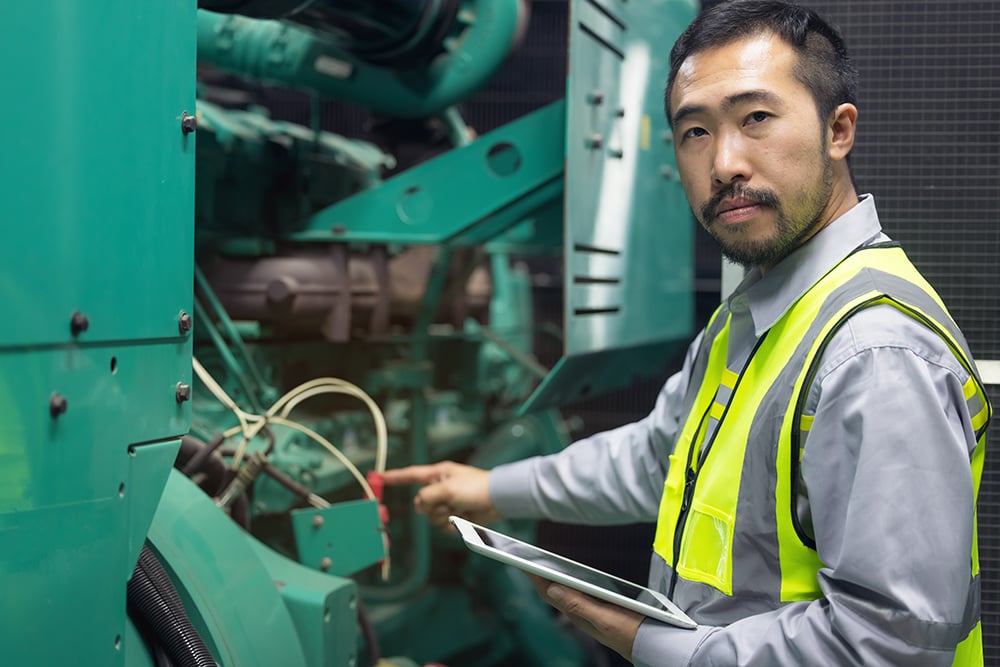
As appraisers, we are at times asked to estimate orderly liquidation value on a "net" basis, which adds an anticipated cost or expense element to the conclusion. These requests most frequently come from banks and other financial institutions that are not in the business of buying and selling equipment. Their goal is to make a sound credit decision, based in part on a collateral review for a loan or lease, while including a more conservative worst-case scenario, where they would need to recover the equipment and sell it at a future point in time. This might occur in a customer default and repossession situation, bankruptcy, or an end-of-lease return scenario.
For a refresher, here is the formal definition of Orderly Liquidation Value from the American Society of Appraisers (ASA):
Orderly Liquidation Value is an opinion of the gross amount, expressed in terms of money, that typically could be realized from a liquidation sale, given a reasonable period of time to find a purchaser (or purchasers), with the seller being compelled to sell on an as-is, where-is basis, as of a specific date.
This estimate is considered a "gross" amount, meaning that it excludes any associated costs of sale that may occur during the period leading up to and associated with the transaction. This is where the "net" component comes into play.
Net Orderly Liquidation Value will consider common expenses associated with a sale. These could include recovery costs such as dismantling, rigging, and shipping; short-term storage; marketing/advertising; and broker fees/commissions. Depending on each specific scenario, these expenses will vary, and some may or may not be applicable. For instance, the size and type of equipment and whether you can keep the machinery at its present location during the marketing period, are large factors pertaining to the removal costs. Leasing companies will often require their customers to return the equipment at their expense during the end of lease stages, while alternatively, in bankruptcy, the bank may need to arrange and pay for this themselves.
To that end, the appraiser will subjectively make reasonable assumptions as to what the average costs may be, in a hypothetical situation, based on their experience. They may determine the focus should be on storage and selling costs, which are more consistent and likely to occur in any situation. Either way, estimating net orderly liquidation value first requires a determination of the gross value, and then applying a reasonable percentage or dollar reduction to that figure, in order to arrive at a final conclusion. Some of the third-party sources relied upon in the normal course of the appraisal can likely assist the appraiser with this calculation.





